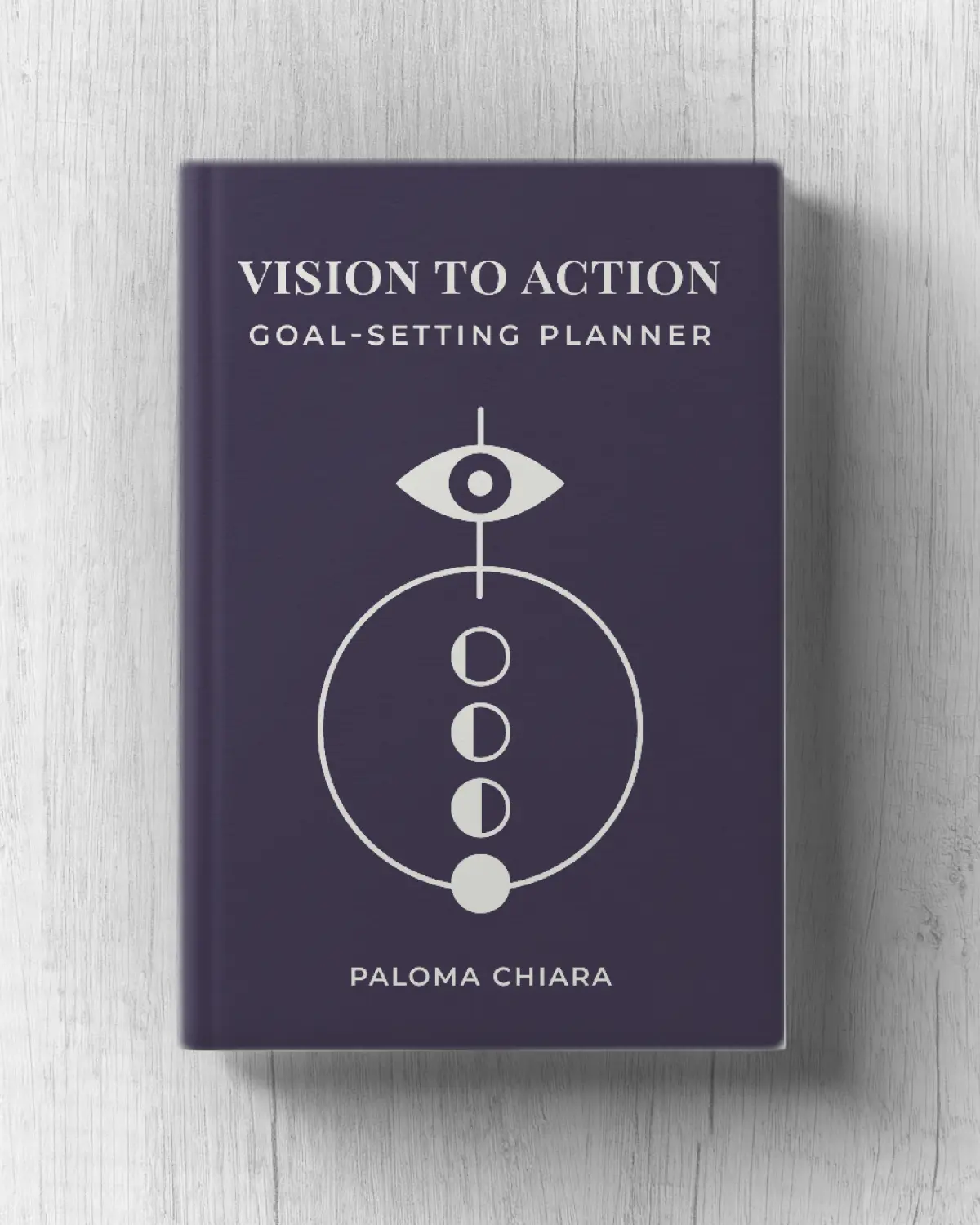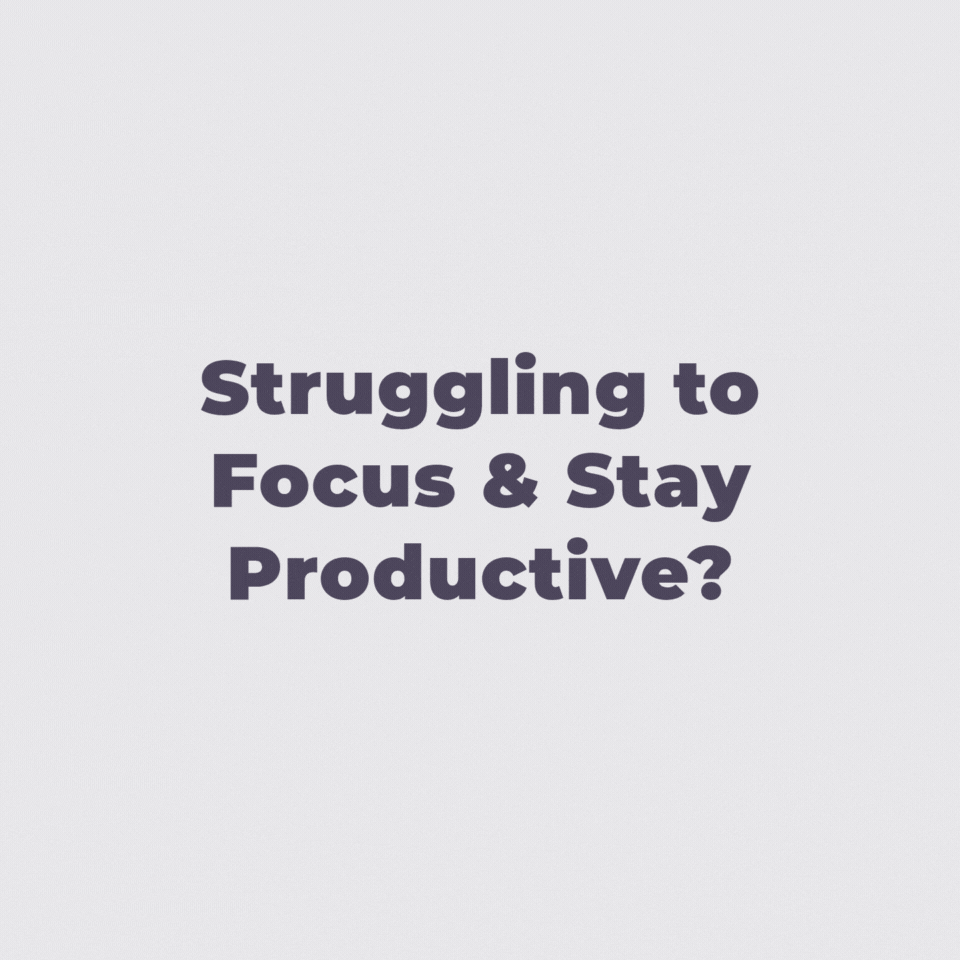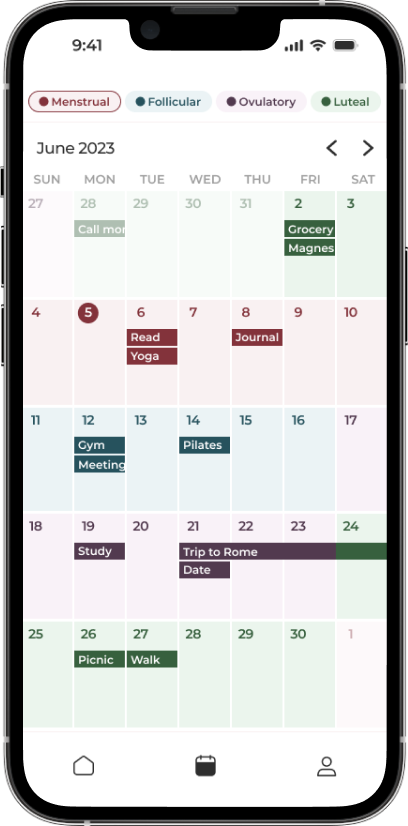What is Self-Help and How to Start?

Self-help refers to the intentional effort to improve one’s mental, emotional, physical, and social well-being through self-guided actions and strategies. It empowers individuals to take control of their lives, fostering growth, resilience, and fulfillment.
Unlike external interventions, self-help focuses on personal responsibility, encouraging individuals to identify challenges, create plans, and implement meaningful changes. While the process is self-directed, it often involves using resources like books, apps, courses, and professional advice to develop skills and overcome obstacles. Self-help is essential because it provides the tools to navigate life’s complexities with confidence and clarity, ensuring long-term well-being and happiness.
Why Self-Help is Important
The importance of self-help lies in its ability to foster independence and self-reliance. By actively working on different aspects of life, individuals can:
- Enhance Emotional Health: Learning to manage emotions reduces stress, anxiety, and feelings of overwhelm.
- Strengthen Relationships: Improving communication and empathy can lead to more fulfilling connections with others.
- Build Resilience: Developing coping mechanisms helps you navigate life’s challenges with greater ease.
- Improve Physical Health: Prioritizing fitness, hydration, and nutrition enhances overall energy and longevity.
- Boost Self-Esteem: Taking control of your personal growth cultivates confidence and a sense of purpose.
Self-help is not about perfection but progress, helping you live with greater intention and satisfaction.
How to Start with Self-Help
Getting started can feel overwhelming, but focusing on key areas like mental health, physical wellness, and interpersonal relationships provides a clear path forward.
Reflect on Your Current State
The first step is self-awareness. Identify the areas of your life where you feel unsatisfied, stuck, or overwhelmed. Ask yourself:
- Am I managing my stress effectively?
- Are my relationships healthy and supportive?
- Do I feel energized or drained by my daily habits?
Use tools like mood trackers to monitor your emotional patterns over time. Apps like Daylio or Moodfit allow you to record feelings, stress levels, and triggers, helping you identify trends and areas for improvement.

Check out the Vision to Action Planner for only 6$
More infoDevelop a Holistic Self-Care Routine
Self-help is deeply tied to self-care. Incorporate practices that nourish both your body and mind:
- Exercise: Regular physical activity reduces stress, boosts mood, and improves physical health. Even 20 minutes of walking daily can make a difference.
- Nutrition: Prioritize a balanced diet with whole foods, plenty of vegetables, and adequate protein. Avoid skipping meals, as this can affect your energy and focus.
- Hydration: Drinking enough water supports cognitive function and mood regulation. Aim for at least eight glasses daily.
- Sleep: Quality sleep is essential for mental clarity and emotional stability. Create a nighttime routine to wind down, such as limiting screen time before bed.
Learn Stress Management Techniques
Managing stress effectively is a cornerstone of self-help. Chronic stress can impact everything from mood to physical health, so it’s crucial to have coping mechanisms in place:
- Mindfulness Meditation: Practices like deep breathing or guided meditations can help you stay grounded. Apps like Headspace or Calm offer structured sessions.
- Time Management: Plan your day using to-do lists or productivity tools like Notion. Prioritizing tasks reduces the overwhelm of juggling responsibilities.
- Creative Outlets: Activities like painting, writing, or playing music can serve as stress relievers and boost emotional well-being.
Strengthen Relationships
Healthy relationships are a key component of self-help. Take steps to nurture the connections in your life:
- Active Listening: Show genuine interest in what others have to say. Avoid interrupting or thinking about your response while they’re speaking.
- Conflict Resolution: Address issues calmly and constructively instead of avoiding them. Use “I” statements to express your feelings without blaming others.
- Express Gratitude: Regularly acknowledge and appreciate the people in your life. A simple “thank you” can strengthen bonds.
If certain relationships are toxic or draining, consider setting boundaries to protect your mental health.
Educate Yourself
Learning is a powerful tool for self-help. Invest time in reading, listening, or watching content that supports your growth:
- Books: Choose materials relevant to your goals. For example, “Atomic Habits” by James Clear is excellent for habit-building, while “The Gifts of Imperfection” by Brené Brown dives into self-acceptance.
- Podcasts: Explore topics like mental health, productivity, or personal finance to gain insights and motivation.
- Workshops: Attend seminars or webinars to connect with experts and like-minded individuals.
Education helps you uncover strategies that align with your needs and goals.
Set and Track Goals
Effective self-help involves setting clear objectives. Use the SMART framework to define your goals and break them into smaller, actionable steps.
For example:
- Health Goal: “I will drink 2 liters of water daily for the next 30 days.”
- Mental Health Goal: “I will meditate for 10 minutes each morning for two weeks.”
Track your progress using journals, habit trackers, or apps like Streaks to stay consistent and celebrate small wins.
Focus on Emotional Intelligence
Emotional intelligence (EQ) plays a critical role in self-help, as it affects how you handle stress, connect with others, and make decisions. Develop your EQ by:
- Recognizing Your Emotions: Label your feelings accurately to understand their impact.
- Practicing Empathy: Try to see situations from others’ perspectives to improve relationships.
- Managing Reactions: Respond thoughtfully instead of reacting impulsively to triggers.
Improving EQ not only helps with personal growth but also enhances social interactions.
Embrace Growth as a Continuous Process
Understand that self-help is not a one-time effort. It’s an evolving process of learning, adapting, and improving. Celebrate your successes and approach challenges with curiosity instead of frustration. Treat setbacks as opportunities to learn and refine your strategies.
Quiz: What Is Blocking Your Success?
This quick quiz will help you figure out which mental or behavioral pattern might be holding you back from achieving your full potential. Identifying your specific success blocker is the first step toward breaking through to new levels of achievement and fulfillment.
Read each question and choose the answer that feels most true to your situation.
No email or payment is required to complete the quiz and receive your personalized insights.
Once you have your primary success blocker, you have clarity about what’s been holding you back. This awareness is powerful—many people spend years struggling without understanding the specific pattern that’s limiting their progress.
Remember, these patterns aren’t permanent character traits but rather habitual ways of thinking and behaving that can be changed with the right guidance and practice.
If you’re ready to break through your specific blocker and achieve the success you know you’re capable of, send me an email to try out a coaching session. Your breakthrough awaits!
The Life Coaching Process for Self-Help
While self-help emphasizes personal responsibility, as a life coach I can provide the guidance and structure needed to stay on track. I specialize in helping individuals clarify their goals, overcome limiting beliefs, and implement effective strategies.
- Accountability: Regular check-ins to ensure you’re following through on commitments.
- Tailored Advice: Customized plans based on your unique challenges and strengths.
- Support: Encouragement and motivation to keep you focused during difficult times.
I act as both a mentor and a partner, offering a fresh perspective and practical tools that can accelerate progress. With their guidance, you can approach self-help with greater confidence and achieve meaningful, lasting change.
Still waiting for the 'perfect time'?
Email me what you'd do if you stopped making excuses. We'll work backwards from there.
Let's startRecent posts
-
The Complete Guide to Becoming a High Achiever
Read blog -
How To Make a Positive Impact in Your Community
Read blog -
What Is the “Winter Arc” Challenge?
Read blog -
What Is "the Great Lock-In" and Should You Try It?
Read blog -
What Are the 75 Hard and Soft Challenges?
Read blog -
How to Validate Yourself
Read blog

The App Made To Sync Your Lifestyle to Your Menstrual Cycle.
A solution for women who are looking to keep track of what they sync to their cycles, such as fitness, diet, etc. by adding it to a calendar that also predict their phases.
Learn more





Comment